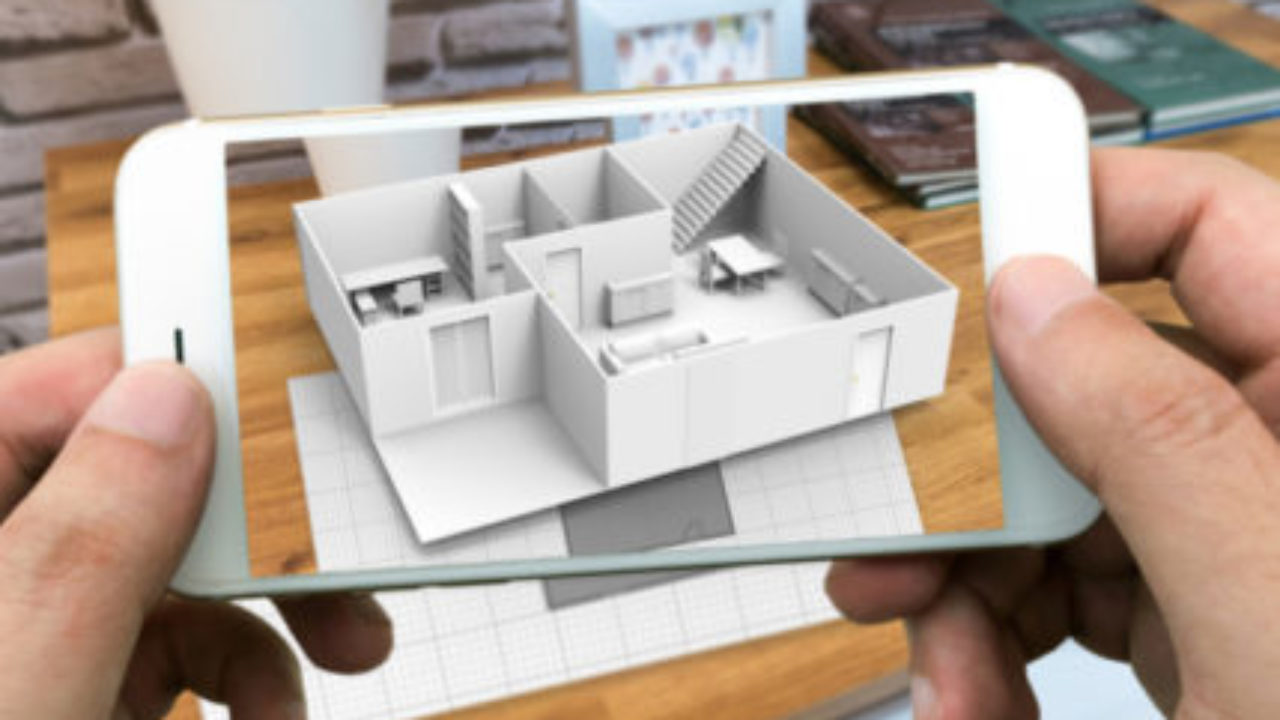The current situation of the pandemic has spurred real estate developers to think about digitization of real estate services to enable business continuity and stay ahead in the game. Looking at how physical real estate processes are getting obsolete and business going downhill, it has become imperative for most realty players to embrace the digital revolution and follow the global digital strategy.
Believe it or not, the Covid-19 situation has been a catalyst for the real estate sector to rejig its traditional business foundations and rearrange itself as an industry of the future. It is a good opportunity for the brick-and-mortar sector to draw lost consumer sentiments that had been lost earlier due to inefficiencies, unaccountability, lack of transparency and dubious acts by real estate developers.
Though the real estate sector reformed itself through a series of regulatory policies like Real Estate Regulatory Authority (RERA) 2016, which made a sea of projects subject to strict regulatory approval, the missing block in the puzzle was the digitization of real estate sector.
The averse strategy of the real estate sector towards digitization couldn’t sustain long as the pandemic put a wedge in their business processes through a nationwide lockdown with dwindling cash flows and working capital and they had to look for an alternative route to sustain their business which is digitization.
Technology-the means of sustainment for realty sector
Entered technology with sophisticated tools like IoT, virtual reality, 3D imaging, machine learning, robotics, Big Data, and digital engineering and changed the face of the real estate sector. Firstly, technology allowed real estate developers to tackle the short-term challenges posed by this crisis and secondly, it increased the efficiency of the real estate sector forever by plugging the loopholes that have been plaguing it for decades.
The embracement of digital real estate platforms with all the tech knick-knacks was a watershed moment for the real estate sector. Homebuyers pleased with this new-found way of homebuyers, gravitated towards digital platforms and booked homes with eagerness. While this shift to digital became a hit within a few months, traditional lead conversion techniques, in-person property tours lost traction gradually. People are avoiding the physical process of homebuying even when restrictions have been uplifted and the economy has unlocked.
Construction technologies to be commonplace now
While technology has helped in eradicating the physical impediments in homebuying with the aid of digital real estate platforms, it is also helping developers to enhance efficiency with respect to time, cost and quality, especially in areas like project design, planning and execution of on-site projects.
Digital interventions like Building Information Modelling (BIM) that uses a machine-readable information model to facilitate planning, design and construction, operation and maintenance of real estate projects have been a great find for real estate developers to speed up efficiency in real estate projects.
Besides BIM, we have WMS (Workflow Management System), which is a one-stop solution that simplifies collaboration between stakeholders in the real estate activity chain. There is also CRM (Customer Relationship Management) that helps real estate developers manage clients efficiently and maintain a strong client base. Other tech such as advanced robotics, 3D printing, additive manufacturing has endless potential in redefining the real estate ecosystem if the real estate industry and developers inculcate these tools which can help in accelerating the digital transformation journey.
Also read : Where have all the homebuyers gone? They’re all on digital platforms now!





